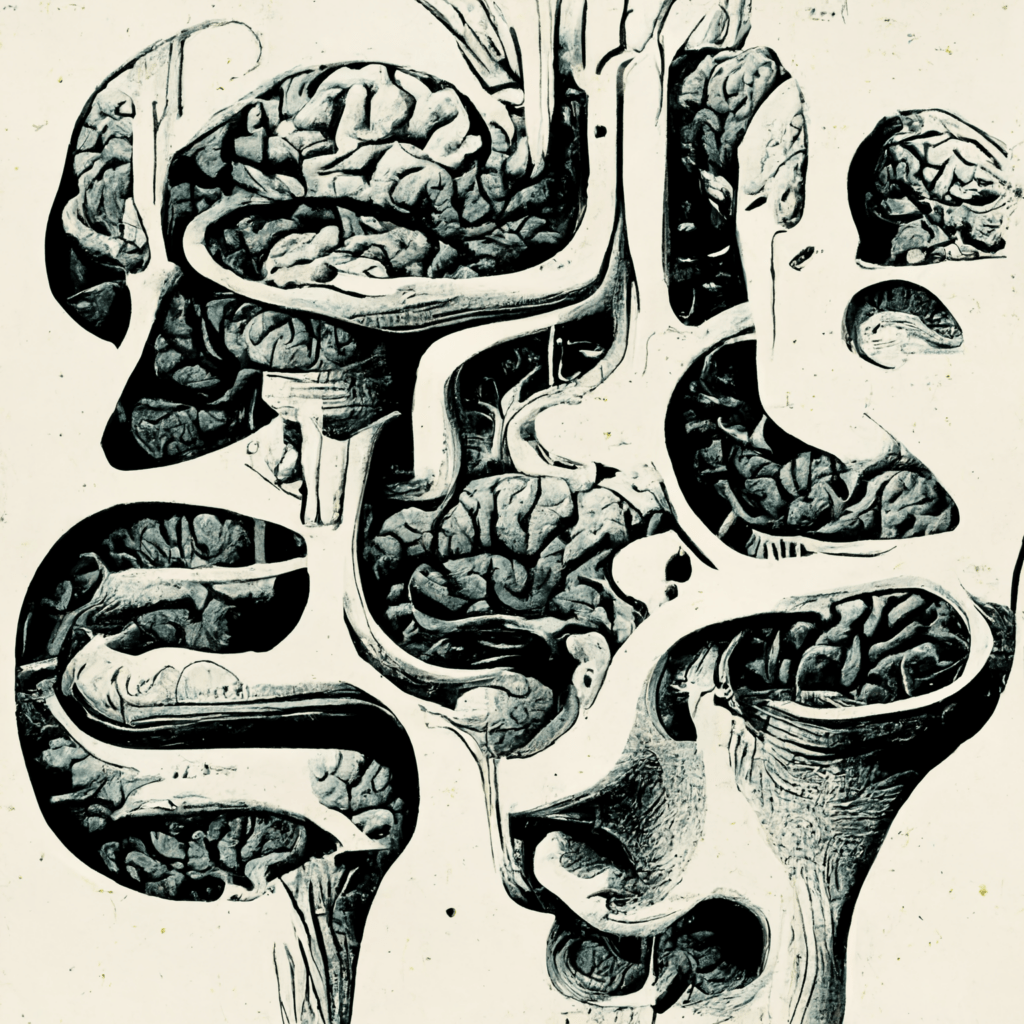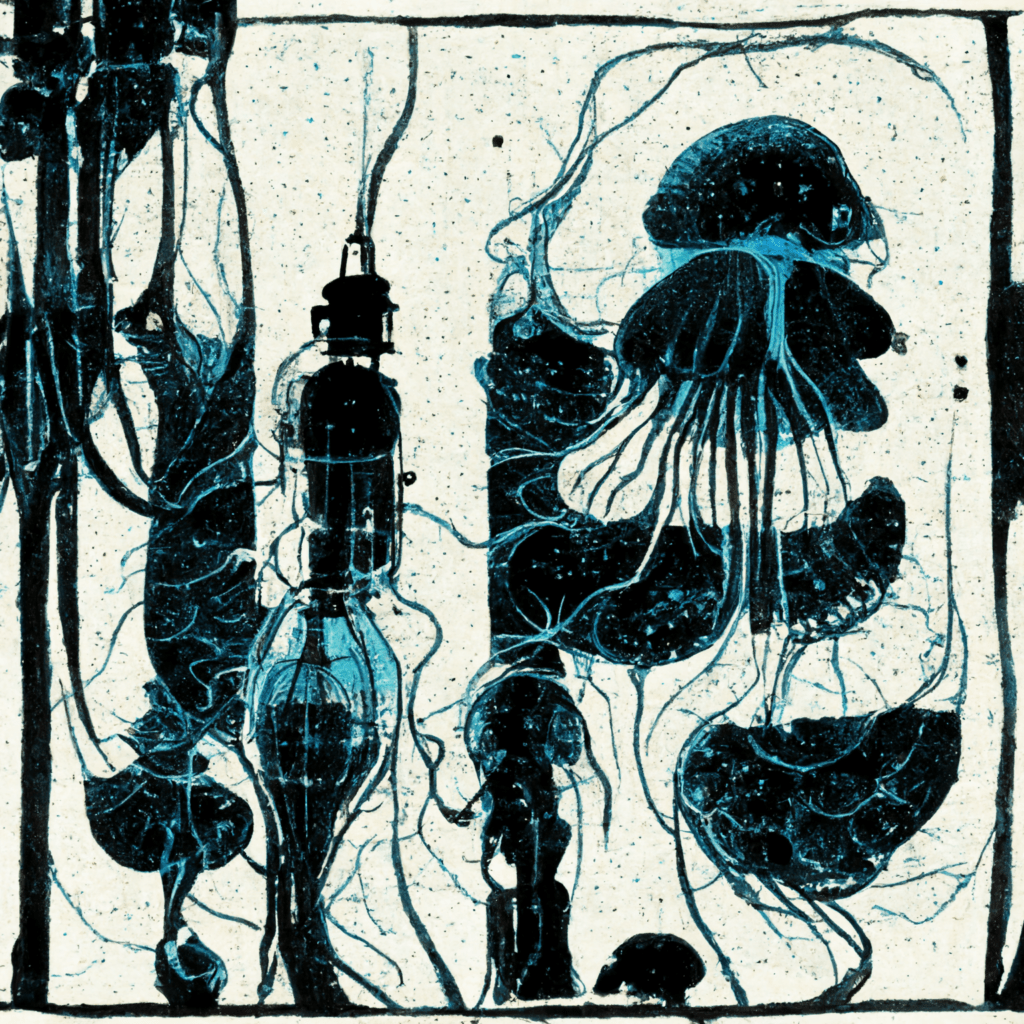The Self-Reference Effect

The Reference to Oneself According to Effect, when knowledge is pertinent to them, individuals remember it more readily. Different ways in which our brains encode personalized information lead to improved memory, learning, and persuasion. Customers are more likely to respond to advertisements when the models resemble them, according to several studies. Even more effective is […]
Anchoring (Heuristic)

A specific type of priming effect called “anchoring” uses an initial exposure to a number as a reference point and influences later judgments. The process, which typically takes place without our knowledge, has been studied in a variety of settings, including probability estimations, legal decisions, forecasting, and purchase decisions.
Herd Behavior

When people follow others’ lead rather than relying on their own knowledge or making their own decisions, this influence is obvious. Herding theory has a long history in crowd psychology and philosophy. It has been discussed in relation to the collective irrationality of investors, including stock market bubbles, making it particularly pertinent in the field […]
The Endowment Effect

The Endowment Effect is a psychological bias that leads people to place a higher, frequently unreasonable, value on things they own than they would otherwise.
Cognitive Ease

The ease or fluency with which our brains digest information is known as cognitive ease or fluency. Something’s cognitive easiness will change how we feel about it and whether or not we are inspired to put our time and effort into it.
Salience Bias

Salience is a term used to indicate something’s emotional impact or prominence. An element is salient if it stands out from its surroundings. It is not if it is challenging to locate and blend into the background. According to the salience bias, the brain favors focusing on the most salient aspects of an experience. What […]
Creation With Artificial Intelligence

Believe it or not, all of the images on this page were created by Artificial Intelligence. Be warned, that many careers are being threatened by machine learning and robots that could do most of our jobs for us. Are hardworking citizens at threat of losing their jobs to automation and what will they do when […]
The Mere Exposure Effect

The Mere Exposure effect, a theory first proposed by social psychologist Robert Zajonc in the 1960s, holds that when people are familiar with something, they tend to prefer it. In addition, given a choice between two options, people will choose the item they have had the most exposure to, even if it is of poorer […]
The Default Effect

Defaults are pre-determined decisions that apply if a client doesn’t take any action. According to studies, consumers hardly ever alter the default settings. Microsoft discovered that 95% of users left everything at its default configuration, including important options like autosave. In terms of thinking, people are slothful. Defaults offer a cognitive shortcut and indicate what […]
Operational Transparency

Operational Transparency is the approach your business uses to include windows so customers can view the work that goes into their experience. Recent studies have found that operational transparency increases customer value of the product and even makes individuals happy. Various research has proven operational transparency. For instance, in a study involving college cafeteria staff. […]